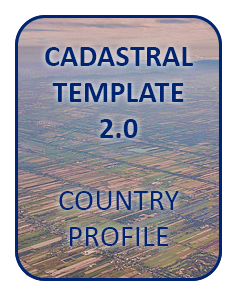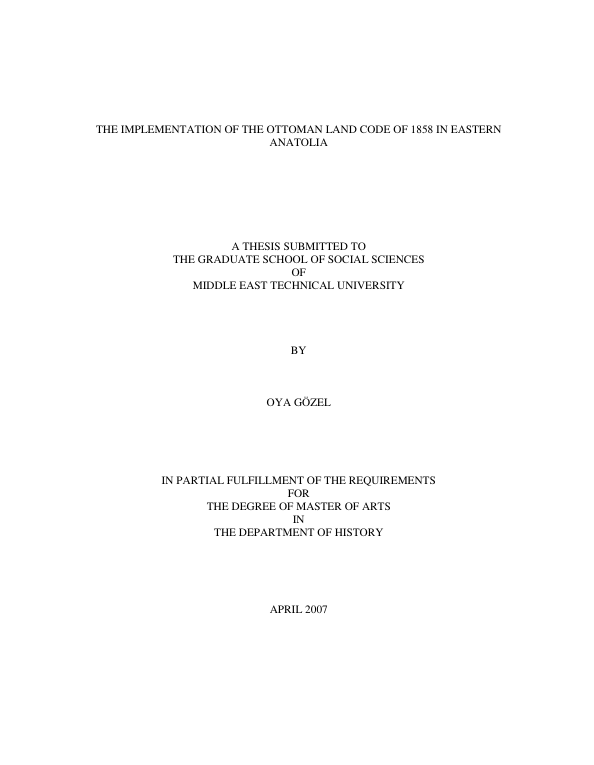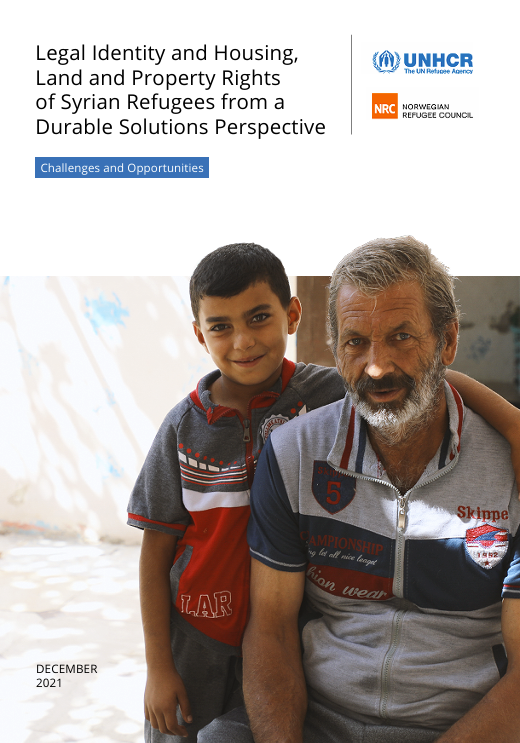Land Portal Annual Report 2024
The Land Portal Annual Report 2024 celebrates 15 years of championing open, inclusive, and data-driven land governance. In 2024, the platform launched the State of Land Information Index (SOLIndex), expanded global partnerships, and spotlighted community voices through new initiatives like the Open Data Champions and NELGA Guest Writers. With a strong focus on the Global South, the Land Portal continues to empower decision-making through curated knowledge and digital advocacy.










